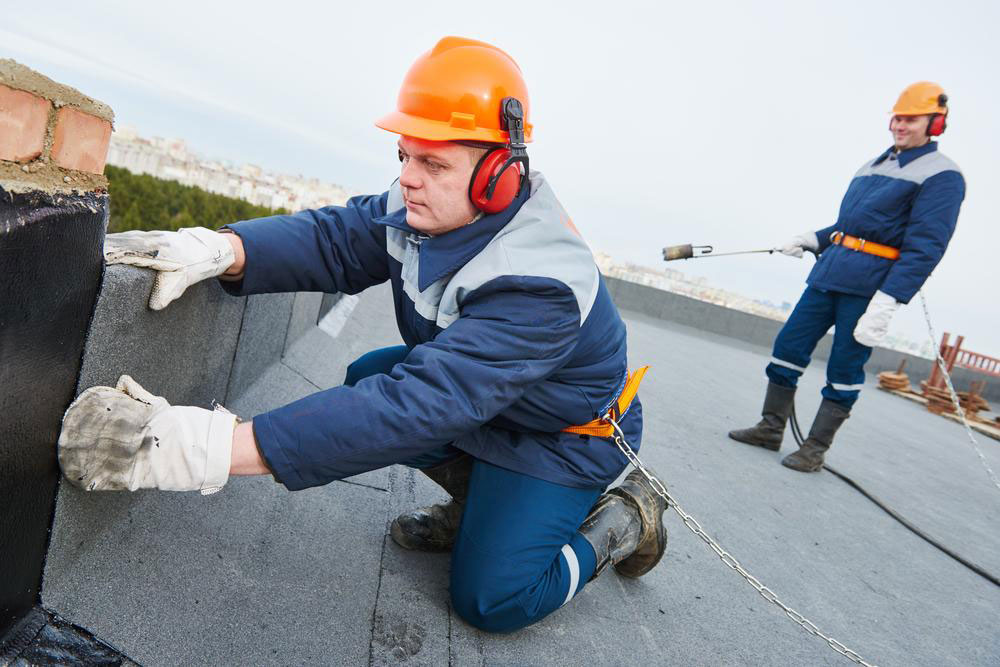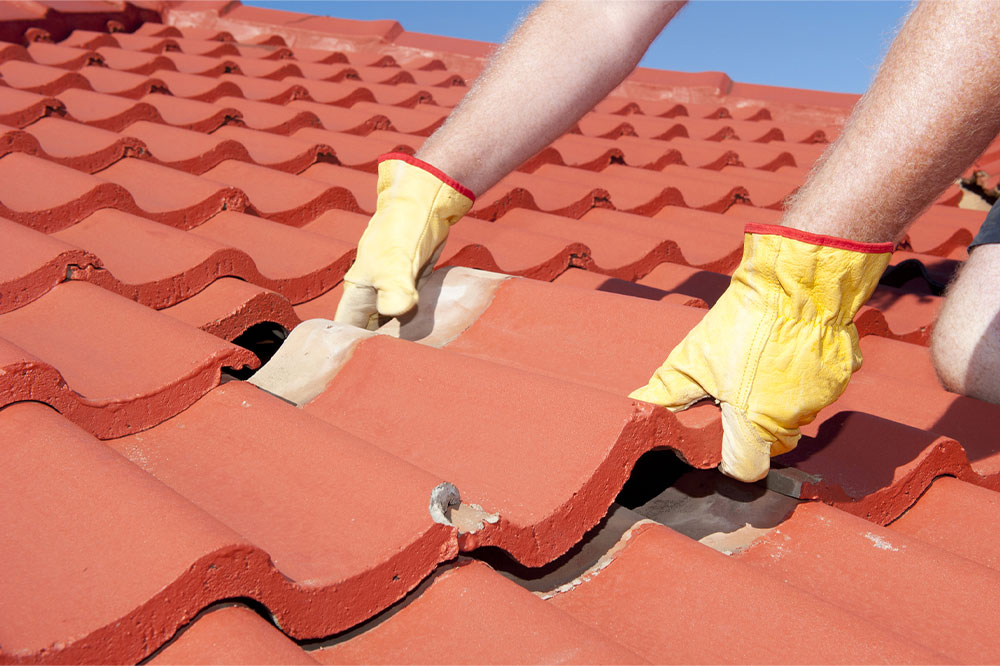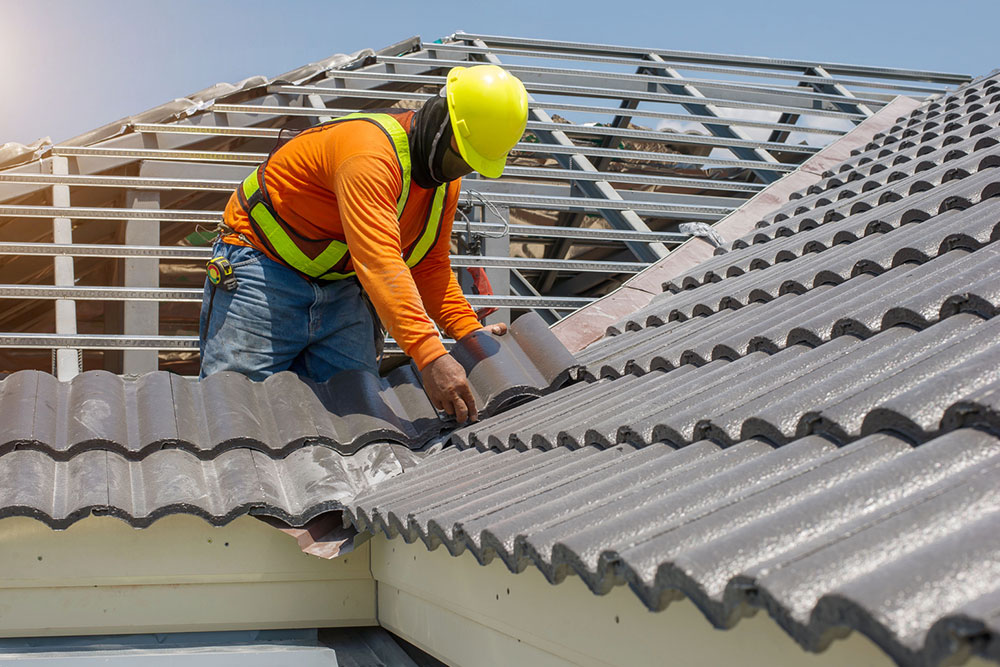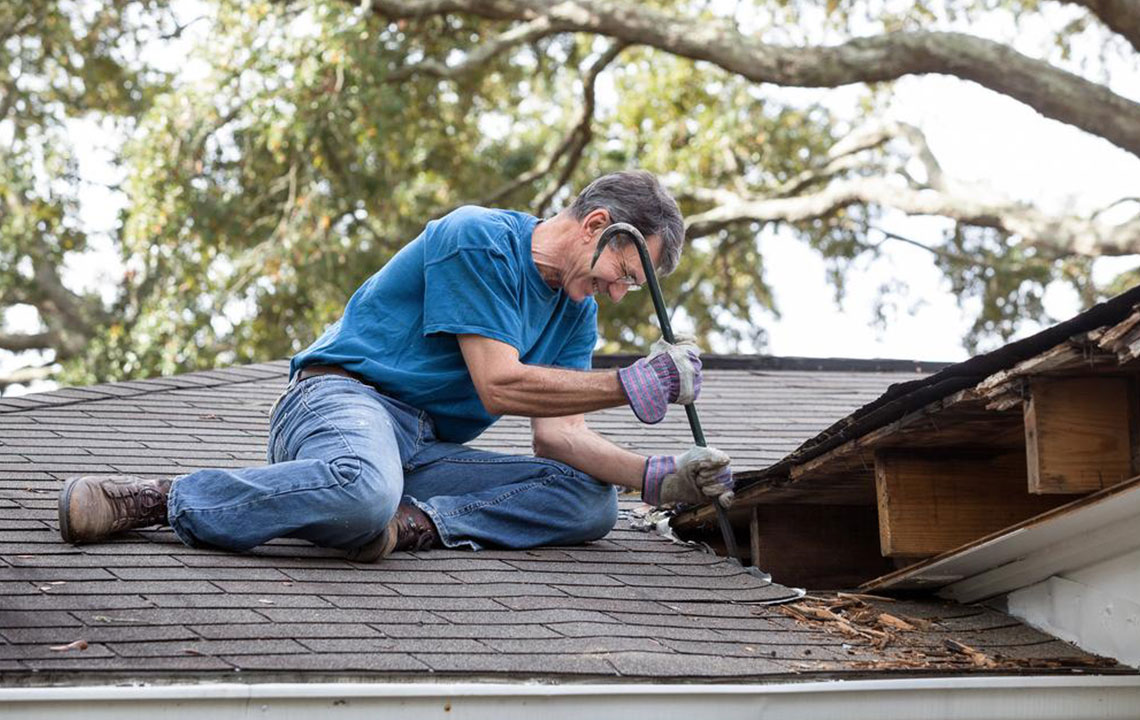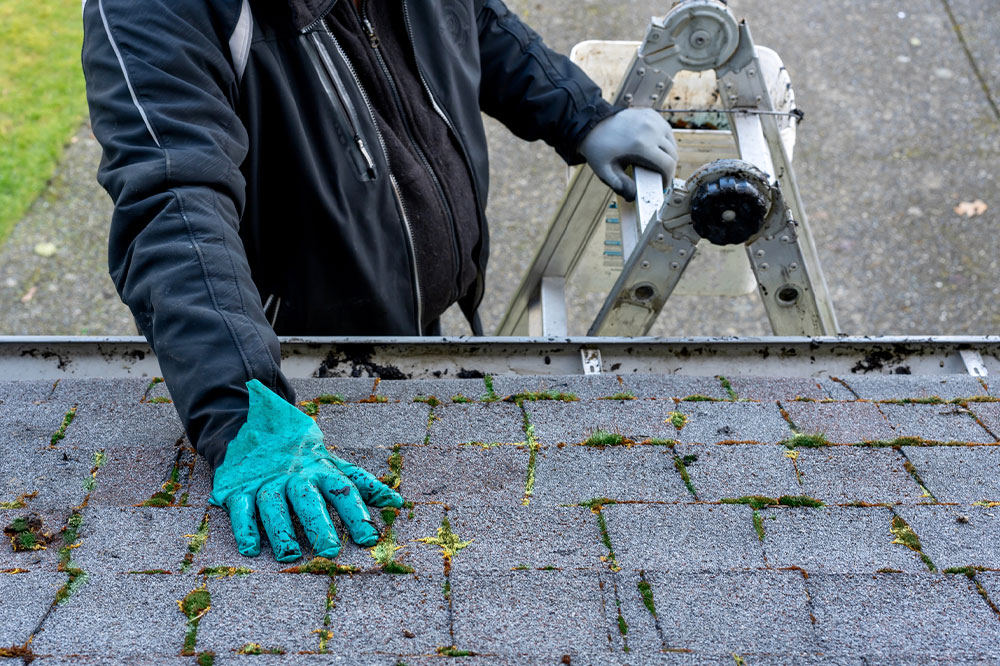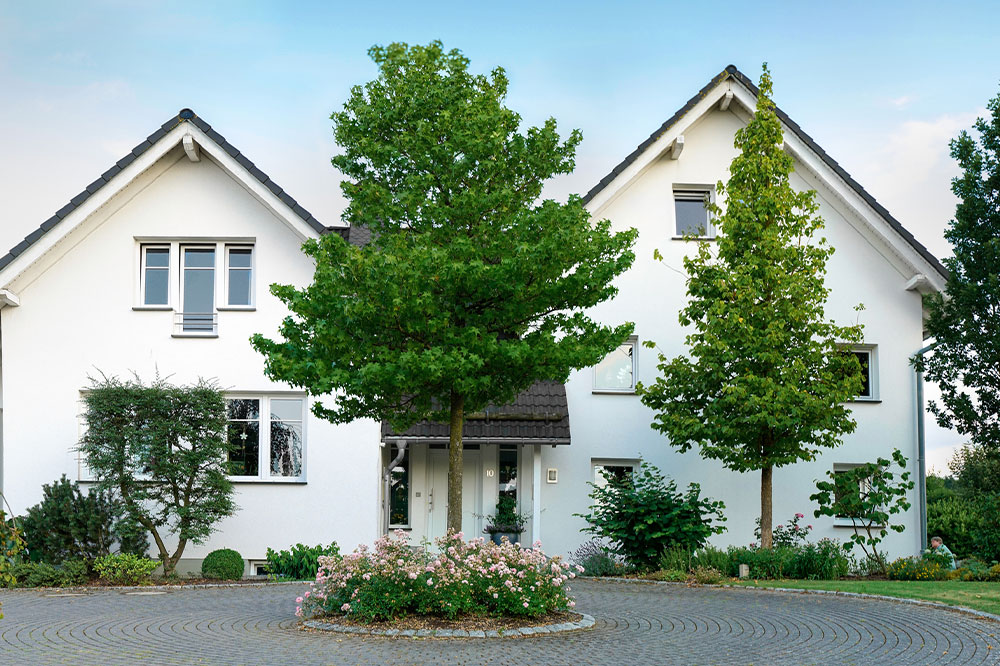Comprehensive Guide to Roofing Costs and Material Options
This comprehensive guide explores the costs of roofing and discusses various materials like clay, concrete, asphalt, thatch, rubber, zinc, and aluminium. It emphasizes the importance of choosing quality materials and professional installation to ensure durability and value. The article provides detailed price estimates, benefits, and considerations for different roofing options, helping homeowners make informed decisions on roof replacement or new installation. Budgeting properly and understanding material longevity are key to a long-lasting roof investment.
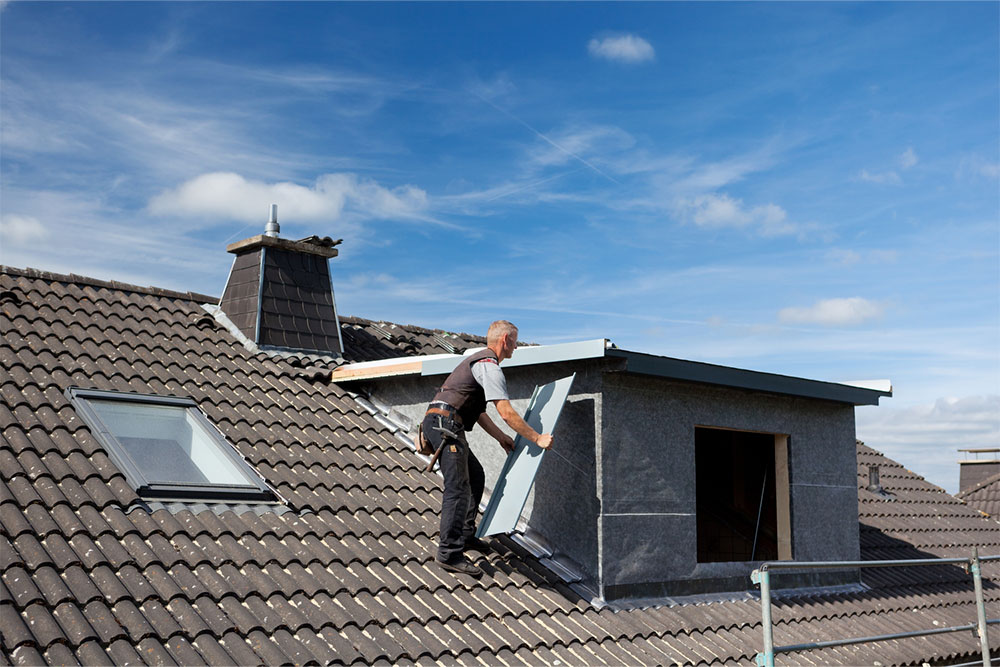
Understanding Roofing Expenses and Material Choices
Proper roofing is essential for protecting your home from weather, pests, and debris. As a key structural element, roofs must be constructed with precision to ensure durability and longevity. Since they face constant exposure to the elements, routine maintenance and timely repairs are crucial. Selecting cost-effective, quality materials and skilled installation services can significantly extend your roof's lifespan and safeguard your investment.
Average Pricing for New Roof Installations
Replacing an aging or damaged roof is necessary if issues like cracks, mold, or shrinkage occur, or if it fails to withstand severe weather. Before proceeding, consult a professional for an assessment, review the contractor’s reputation, and budget accordingly. Typically, roof replacement costs around £5,500, influenced by material type, roof design complexity, and size.
Material-Based Cost Breakdown
1. Clay Roof Tiles
Clay tiles are a classic choice in many regions, known for their resilience and longevity—sometimes lasting hundreds of years. They’re easy to maintain, thus minimizing repair costs. However, they are heavy and fragile during installation, which can increase labor expenses. Each tile costs approximately £0.50 to £0.70.
2. Concrete Roof Tiles
Made from sand, cement, iron oxide, and water, concrete tiles are versatile and increasingly popular as an alternative to traditional clay. These tiles are durable, eco-friendly, and come in various designs. Despite their benefits, concrete is heavy, and tiles can be brittle, especially against falling debris. Price range: £0.50 to £1.80 per piece.
3. Asphalt Shingles
A budget-friendly roofing material, asphalt shingles are lightweight and simple to install or replace. They are available in multiple styles to match different home aesthetics. However, they tend to be brittle and may crack over time, with an average installation cost starting at £40 per square meter.
4. Thatch Roofing
Natural or synthetic thatched roofs offer a rustic, charming appearance. Natural options are renewable but susceptible to insect damage and weathering. Synthetic thatch is more durable and low-maintenance. The overall cost, including installation, ranges from £33,500 to £66,500 depending on materials and design intricacies.
5. EPDM (Rubber) Roofing
Ideal for flat roofs, EPDM is a flexible, low-maintenance material resistant to cracking. It’s, however, more costly, averaging about £80 per square meter, and is sensitive to prolonged high temperatures, which can cause expansion or contraction.
6. Zinc Roofing
Though less conventional, zinc roofing is gaining popularity due to its durability and unique aesthetic. It can last 80–100 years and is environmentally friendly. Proper installation is vital to prevent corrosion. Cost is approximately £350–£400 per square meter. Zinc’s resistance to fire, insects, and fungi makes it a sustainable choice.
7. Aluminium Roofing
Lightweight and resistant to rust, aluminium roofs are energy-efficient and require minimal maintenance. They can be noisy during storms and are expensive to repair. Prices range from £40 to £75 per square meter. Careful installation is essential to avoid issues like oil canning.

